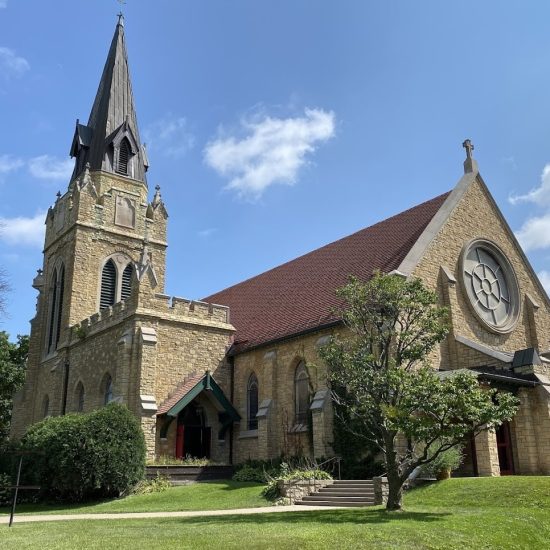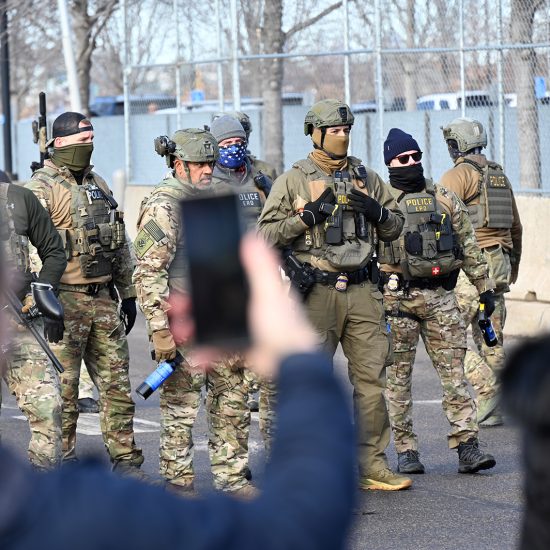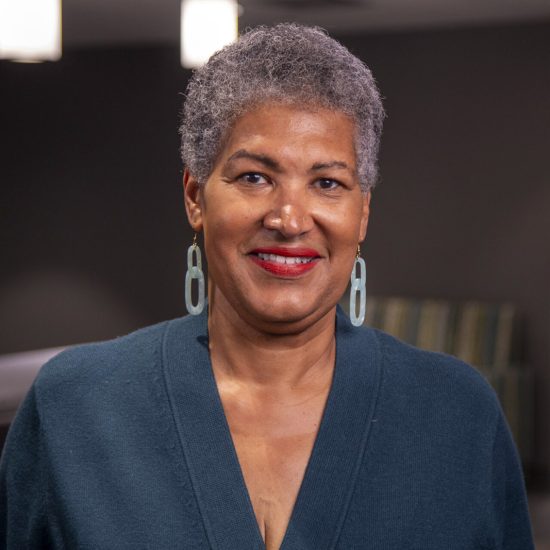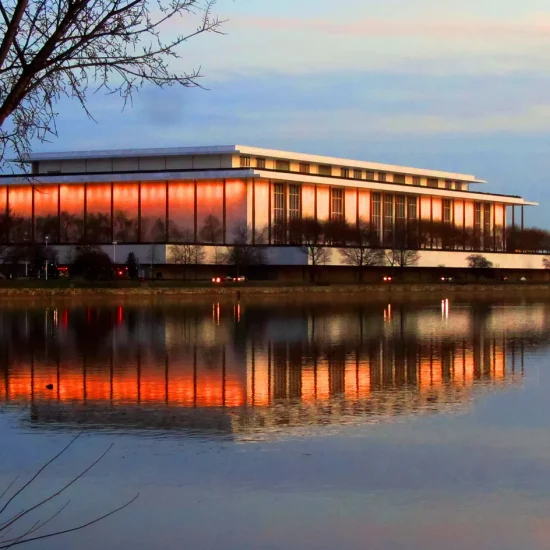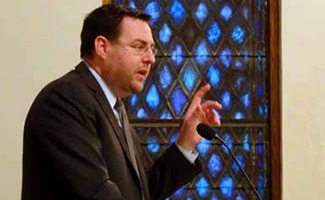
Elijah Brown, general secretary of the Baptist World Alliance, urged Baptists in St. Louis to “consider, again, the biblical call to engage in hope and with hope.” Delivering the sermon at Churchnet’s spring gathering on April 12 at Webster Groves Baptist Church, Brown also urged Baptists to partner together. Prior to speaking at the gathering in St. Louis, Churchnet also arranged for Brown to visit other Baptists in the region in a three-day trip that included stops at First Baptist Church in Lee’s Summit, Mo.; William Jewell College in Liberty, Mo; and Memorial Baptist Church in Columbia, Mo.
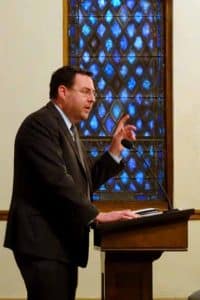
Elijah Brown
At the start of his remarks, Brown thanked those gathered for supporting the BWA. Individuals on the program included those from numerous BWA member bodies, including churches affiliated with American Baptist Churches USA, Churchnet, Cooperative Baptist Fellowship, National Baptist Convention of America, and National Baptist Convention USA.
“Because you … partnered and gave this last year, the Baptist World Alliance funded evangelism grants around the world where 2,000 people gave their lives to Jesus Christ, [and helped] to stand with refugees and those who experienced natural disasters with humanitarian aid in 16 different countries, to advocate on behalf of hundreds of Baptist churches that face closure due to their religious convictions, and to launch an online training program called Horizons to help train children and youth leaders that already has 250 students enrolled,” he said. “You are having a global impact.”
After having nearly half of the room stand, Brown noted that about 40 percent of Baptists live in countries where experts say there is a more than 50 percent likelihood that government-supposed mass-killings — including genocide — could occur. He stressed that does not mean it will, but that if genocide does occur in one of those contexts, the world could not say there were not warning signs. Noting that everyone at the gathering would be included in the still-seated group representing those living in safer contexts, Brown asked the group to consider their responsibility for those who live in a “context of injustice.”
“Those who are sitting, what is our responsibility?” he asked. “As we see our brothers and sisters, how should we respond? When we see individuals who are targeted for their faith, shot, bombed out, expelled, where human dignity and rights are stripped away, what is our responsibility?”
Brown quickly mentioned several contexts where Baptists need to speak out and “point to Jesus” as “injustice continues to permeate our world.”
“With some 60 million refugees in the world, there are more refugees today than at any point since World War II. With four declared famines last year, more people are facing famine than any other point since World War II. The specter of genocide continues to haunt — most notably the declared genocide against Christians, Yazidis, and other religious minorities in Iraq. I remain deeply concerned about Rohingya Muslims from Myanmar, where hundreds of thousands have fled as refugees and what the United Nations calls presently the most persecuted people in world. Yemen is facing the largest cholera outbreak in the history of the world, while simultaneously the United States is providing support for bombing that is having horrific civilian casualties.”
“In our news, wars and the rumors of war seem to abound every day,” he added as he mentioned recent persecution of Baptists in Nigeria, Russia, Sudan, Ukraine, and Venezuela. “How will we respond?”
“Tonight, will you choose with the BWA to engage in hope and with hope? You can make a difference. We can make a difference,” Brown declared. “We can engage in hope together.”
NOTE: Hear more from Elijah Browns in Brian Kaylor’s interview with him in episode 71 (May 21) of the Word&Way podcast “Baptist Without An Adjective” at podcast.wordandway.org.



